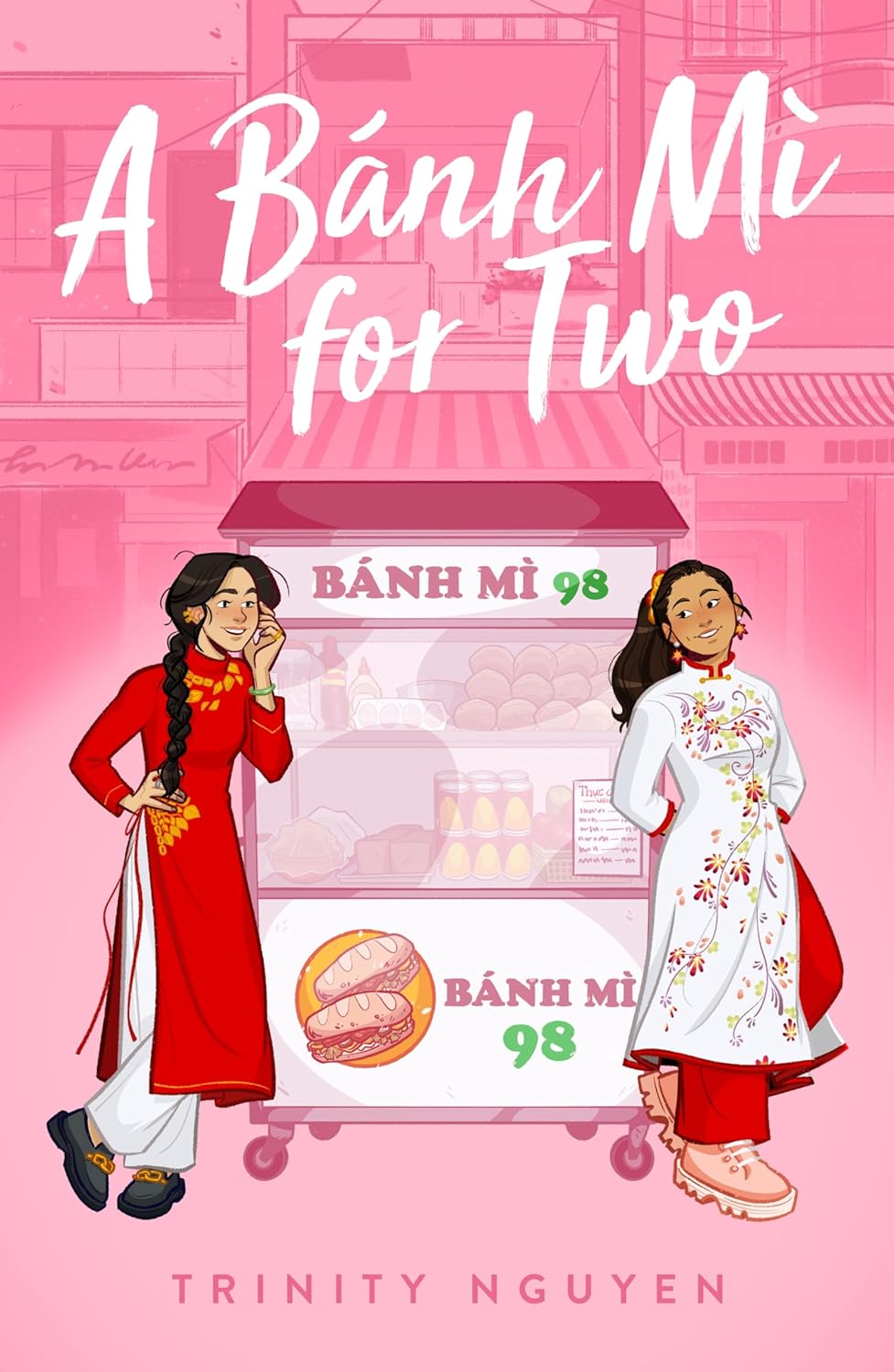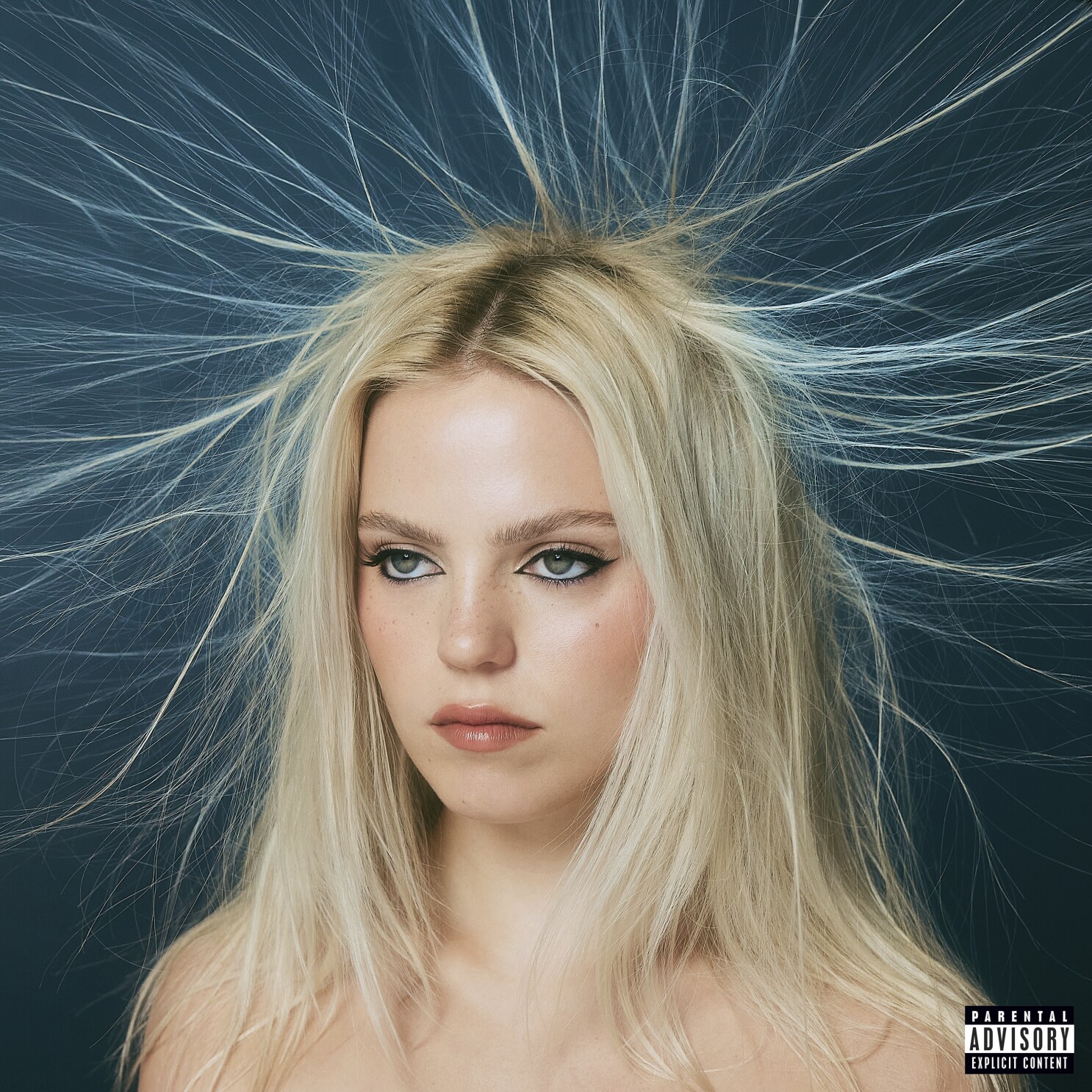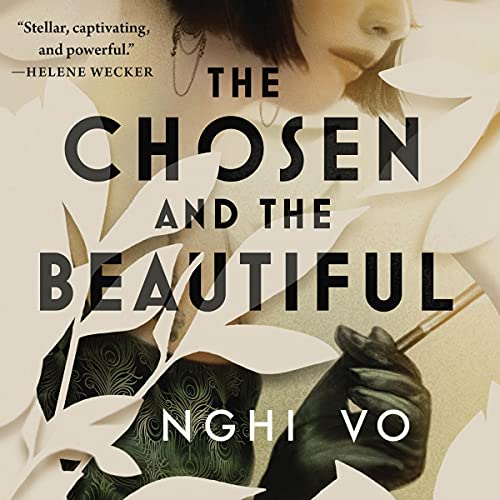A Bánh Mì for Two by Trinity Nguyen (she/her) is the perfect delicacy to round out your February reading. This dual perspective debut novel follows two young women over the course of a semester as they learn more about themselves, each other, and the rich, beautiful, and complex Vietnamese culture that binds them. Lan is aRead More
All The Pretty Girls Read Sapphic Stories: More Readalikes for Reneé Rapp’s Snow Angel
If you have Reneé Rapp’s album Snow Angel playing on repeat, these are the sapphic books you need to read! Pick up the one that matches your favorite song, or get the whole stack if it’s too hard to pick. You can get a copy of any of these titles from your local bookstore orRead More
A Bisexual, Magical, Asian American Take on Gatsby: The Chosen and the Beautiful by Nghi Vo, Narrated by Natalie Naudus
Amazon Affiliate Link | Bookshop.org Affiliate Link In this retelling of The Great Gatsby, Jordan Baker narrates the story from the perspective of a queer, Asian woman adopted by a white couple. Although she runs in elite circles with Daisy and Tom, she is treated as an exotic pet, left on the outside even whenRead More
Danika reviews The Chosen and the Beautiful by Nghi Vo
Amazon Affiliate Link | Bookshop.org Affiliate Link When I heard that a queer Vietnamese American The Great Gatsby retelling was coming out, I immediately requested a review copy. I can’t resist sapphic retellings, especially literary ones. There’s one little hiccup to me reviewing this book, though: I’ve never read The Great Gatsby. I haven’t evenRead More


